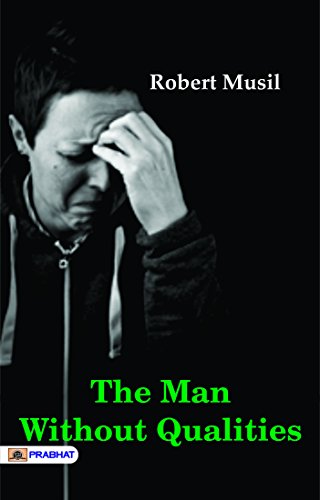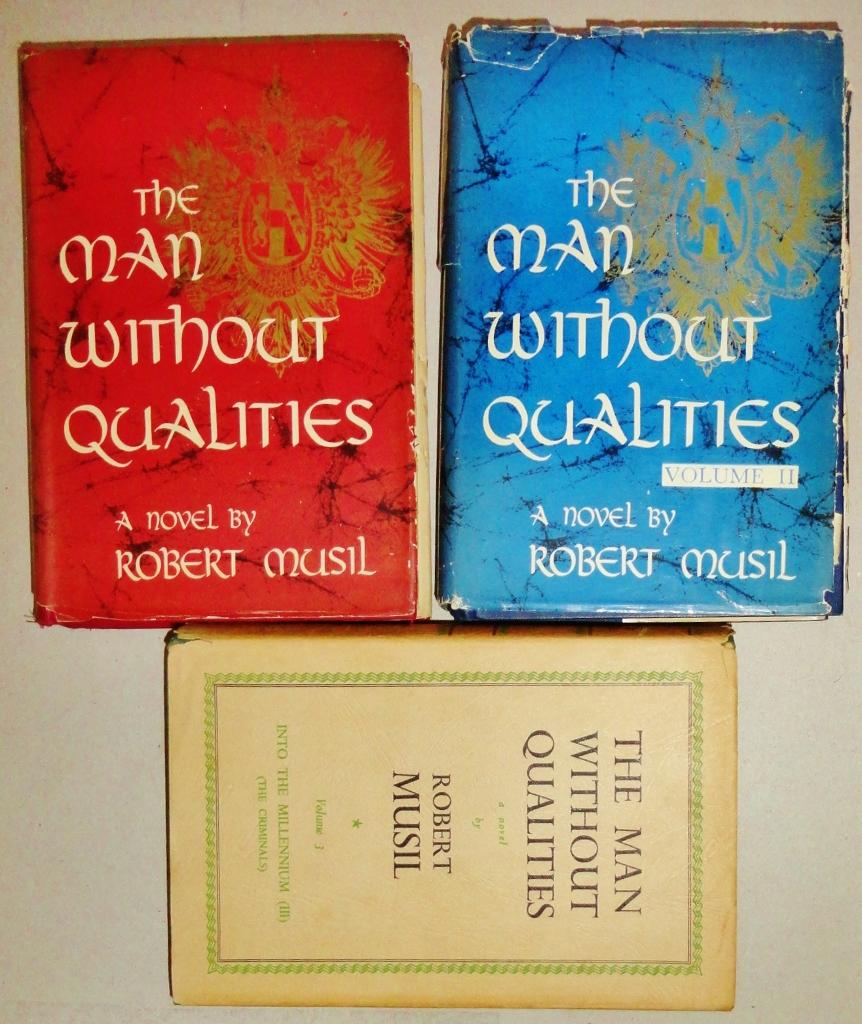
Like Joyce’s 1918 play Exiles, The Utopians bears all the markers of a prodigious prose stylist entering a new formal space with drastically different and unfamiliar rules. Thomas’s dry aloofness and Anselm’s inflamed capriciousness give shape to their long speeches, but it is Regina’s raw desperation (she has never gotten over the suicide of a youthful lover) and Maria’s enigmatic stoicism that hold the play together. It is, however, overwhelming: without the release valve of the essayistic digressions and relaxed pacing of a novel, The Utopians never lets up in intensity over its 185 dense pages, which would likely take four hours to perform. The characters combine and recombine, at times seeming closer to archetypes than real persons, yet filled with such emotion that the play never reads as dry. There is the calm professor Thomas, his sensible wife Maria, her flighty sister Regina, and the infatuated rake Anselm, who has seduced Regina away from her husband Josef. Published in 1921, it is a dense, hyper-concentrated work, presenting a handful of characters who are battered by each other’s intellects and passions (not to mention their own) over the course of a few days. The heart of this new anthology is Musil’s massive drama The Utopians, only the second English translation and a crucial piece of the Musil oeuvre. Musil is one of the very few to have attempted to straddle this line, and for that reason alone his work is immensely valuable.

How to square that massive achievement with Musil’s equally brilliant, but radically different, earlier works, such as The Confusions of Young Törless (1906), a novella, or Unions (1911), a collection of stories? Above all, how to reconcile Musil’s deep engagement with sociological and political theorizing with his spiritual and aesthetic yearnings? Most of Musil’s contemporaries fell on one side or the other of this dichotomy: Hermann Broch tended toward the sociological, for example, while Thomas Mann embraced the aesthetic. His magnum opus The Man Without Qualities, two sections of which were published in 19, was left unfinished at the author’s death in 1942. His work entrances with its combination of rigor and passion (“precision and soul,” as he put it), yet it is also marked by significant lacunae.


Musil was likely the most sheerly intelligent of modernist writers (which is not to say the most talented).

Containing the major play The Utopians, other dramatic material and fragments, and Musil’s theater criticism, much of it translated into English for the first time, this anthology shows Musil to be a writer of far greater range than is often assumed. THEATER SYMPTOMS: Plays and Writings on Drama is the mother lode for Robert Musil aficionados, a vital piece of the author’s canon.


 0 kommentar(er)
0 kommentar(er)
